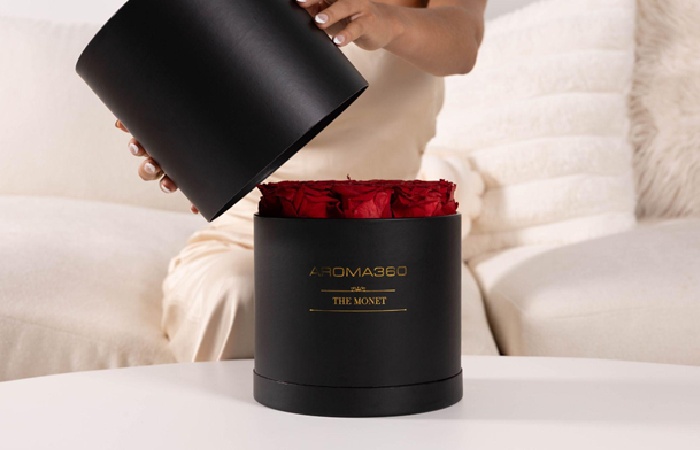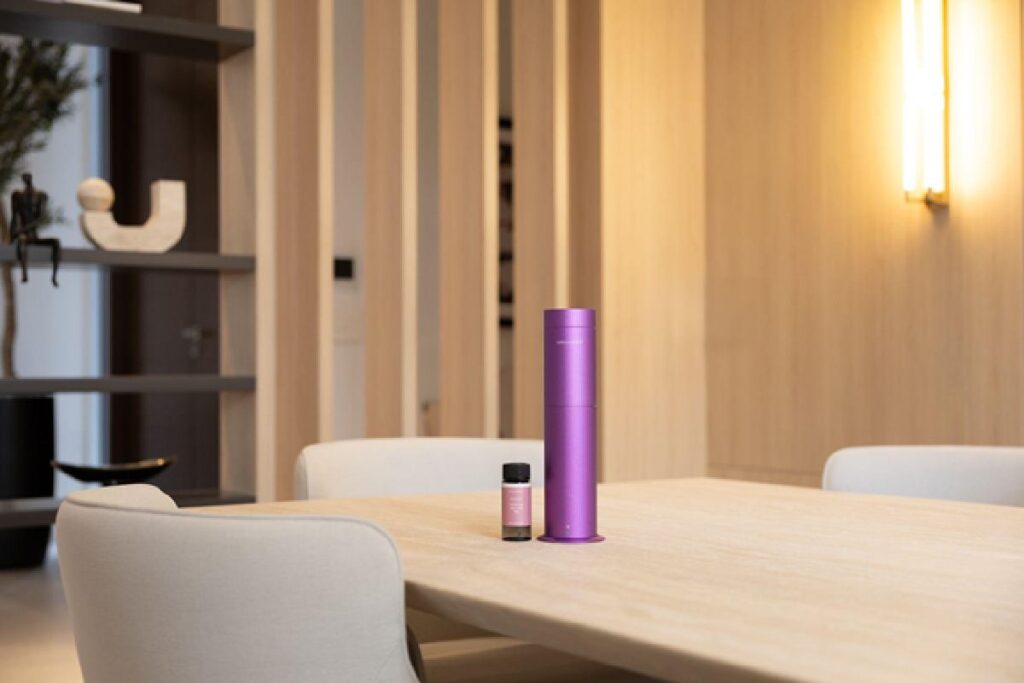In the fast-moving world of luxury scenting, Aroma360 just scored a major legal win. The company — best known for its cold-air diffusers and signature fragrances — won a trademark infringement lawsuit against competitor Scentia, which had allegedly imitated key elements of its branding and product identity.
After nearly two years of litigation, the case concluded with a permanent injunction preventing Scentia from using any of Aroma360’s or its sister brand Hotel Collection’s intellectual property, including product names, brand likeness, and the use of the word “Hotel.”
Beyond the courtroom, this ruling reinforces an important lesson for growing brands: protecting your intellectual property isn’t just about technology. It’s also about safeguarding your identity, credibility, and the trust of your customers.
Table of Contents
The Role of Intellectual Property in a Brand-Led Industry
In today’s market, where design, naming, and customer experience define success, brand IP is often as valuable as technological innovation. For Aroma360, the risk wasn’t just someone replicating their diffuser—it was competitors imitating their brand language, scent names, and overall identity, blurring the line between authentic and copycat products.
Aroma360’s cold-air diffusion technology remains a cornerstone of its product experience, but this case underscores how brand recognition and consumer trust are equally critical to maintaining leadership.
As Eduard Kotlyarov Jr., Chief Legal Officer and President of Global Expansion at Aroma360, said of the decision: “This is a landmark win that reinforces our commitment to protecting the originality, creativity, and innovation that define Aroma360 and Hotel Collection.”
By defending its trademarks, naming conventions, and design cues, Aroma360 ensured that customers would continue to associate its scents and products with the quality and innovation the company has built since 2014.
Aroma360’s Focus on Innovation

Though often associated with luxury and lifestyle, Aroma360 is powered by an inventive, tech-forward spirit. Its cold-air diffusion system revolutionized scenting by using no heat or water, preserving fragrance purity while delivering even, long-lasting aroma.
Recent innovations like The Monet, a preserved-rose diffuser that discreetly houses Aroma360’s signature technology, show how the brand continues to push boundaries between engineering and artistry.
This commitment to innovation helps explain why Aroma360 invests so heavily in protecting not just its patents and tech, but also the brand identity that communicates that innovation to the world.
Brand Expansion and Global Growth
Aroma360’s legal win comes at a pivotal time of growth. The brand is expanding locally and internationally, opening stores in Dubai and Hudson Yards in New York—both luxury markets that demand authenticity and exclusivity.
Its sister brand, Hotel Collection, is also growing into new categories, including luggage, bedding, and pajamas—products that bring the five-star experience into everyday life. With that expansion, the stakes are higher: brand imitation can dilute a company’s hard-earned equity, especially when customers might confuse imitators for the original.
That’s why Aroma360’s proactive approach to trademark protection matters. The lawsuit wasn’t about defending diffuser mechanics but about defending identity. As the brand grows into new regions and categories, that protection ensures that every customer interaction remains authentic.
But Should All Companies Invest in IP Protection?
There’s no one-size-fits-all answer, but timing, scale, and differentiation all matter. For Aroma360, investing in IP protection early paid off. The company recognized that as it scaled and gained visibility, it would inevitably attract imitation. Protecting its names, designs, and branding became just as crucial as protecting its innovation.
Here are some questions every business should consider before investing in IP:
- Are you building something unique? If your brand identity or product design sets you apart, securing those assets can preserve your market position.
- Is your reputation central to your success? When brand perception drives loyalty, protecting your name and aesthetic can be just as important as protecting your product.
- Are you planning to scale soon? Growth invites imitation—solid IP protection helps you expand confidently.
- Do you value long-term equity? Strong IP enhances valuation and attracts investors or partners who see your brand as a lasting asset.
Of course, IP protection comes with considerations: cost, time, and the possibility of legal disputes. But as Aroma360’s case shows, the payoff can outweigh the expense when your brand’s integrity and customer trust are on the line.
Conclusion
Aroma360’s recent victory serves as a modern business case for the power of brand protection. In industries where both technology and identity define value, defending trademarks and originality is essential to staying ahead of imitation.
In the end, the company proved that in today’s competitive market, brand protection is innovation protection, and the trust you build with customers is just as valuable as the technology behind your products.

